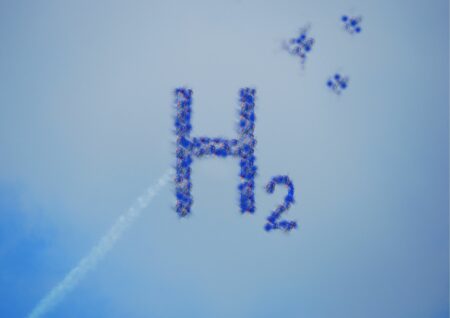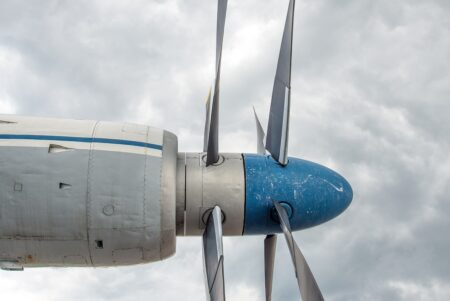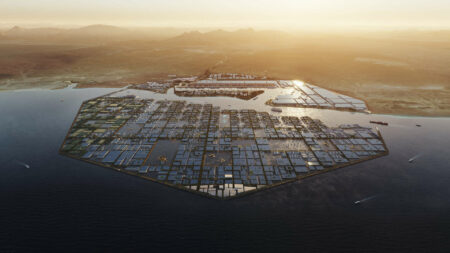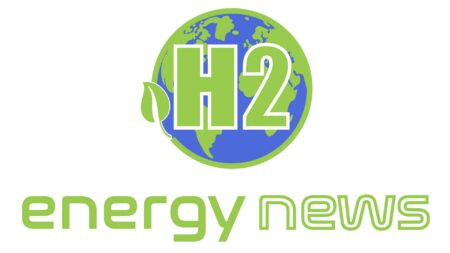Aramco recently announced challenges in securing offtake deals for its blue hydrogen. Despite efforts to market this cleaner energy alternative, the company has yet to finalize agreements with buyers.
Browsing: Aramco
OXCCU, an innovative spin-off from Oxford University, has announced the creation of the world’s first hydrogen-to-synthetic aviation-fuel demonstration plant.
Saudi Aramco has taken a significant step towards bolstering its hydrogen ambitions by signing final agreements to acquire 50% of Air Products Qudra’s (APQ) blue hydrogen industrial gases business.
Saudi Arabia’s Aramco has announced its strategic entry into Horse Powertrain, a joint venture between Renault and Geely, aiming to advance the development of synthetic fuels and hydrogen.
The 2.2GW Neom green hydrogen megaproject is set to supply green hydrogen to a pioneering e-fuels facility operated by Saudi Arabian state oil company Aramco. This groundbreaking initiative aims to produce 35 barrels a day of synthetic gasoline using green hydrogen and captured CO2.
S-Oil and Aramco cooperate on ammonia On the 25th, S-Oil declared that it had signed a letter of intent (LOI)…
Saudi Arabia’s Aramco, the world’s largest oil producer, is investing in a range of decarbonization technologies, including lower-carbon hydrogen, direct air capture, and CO2 sequestration.
Saudi Arabia’s energy behemoth, Aramco, is steering its colossal resources towards the production of low-carbon hydrogen. This seismic shift in strategy is poised to propel Aramco into the vanguard of the green energy revolution, as the company aims to produce a staggering 2 million tonnes of low-carbon hydrogen by 2030, a move that could potentially transform the global hydrogen landscape.
In a significant move following their framework agreement, Geely and Renault have solidified their partnership by signing a binding joint venture agreement for the establishment of a new combustion engine company.
Saudi oil giant Aramco has announced that it is putting its plans for blue hydrogen on hold due to high costs and the lack of off-takers.









